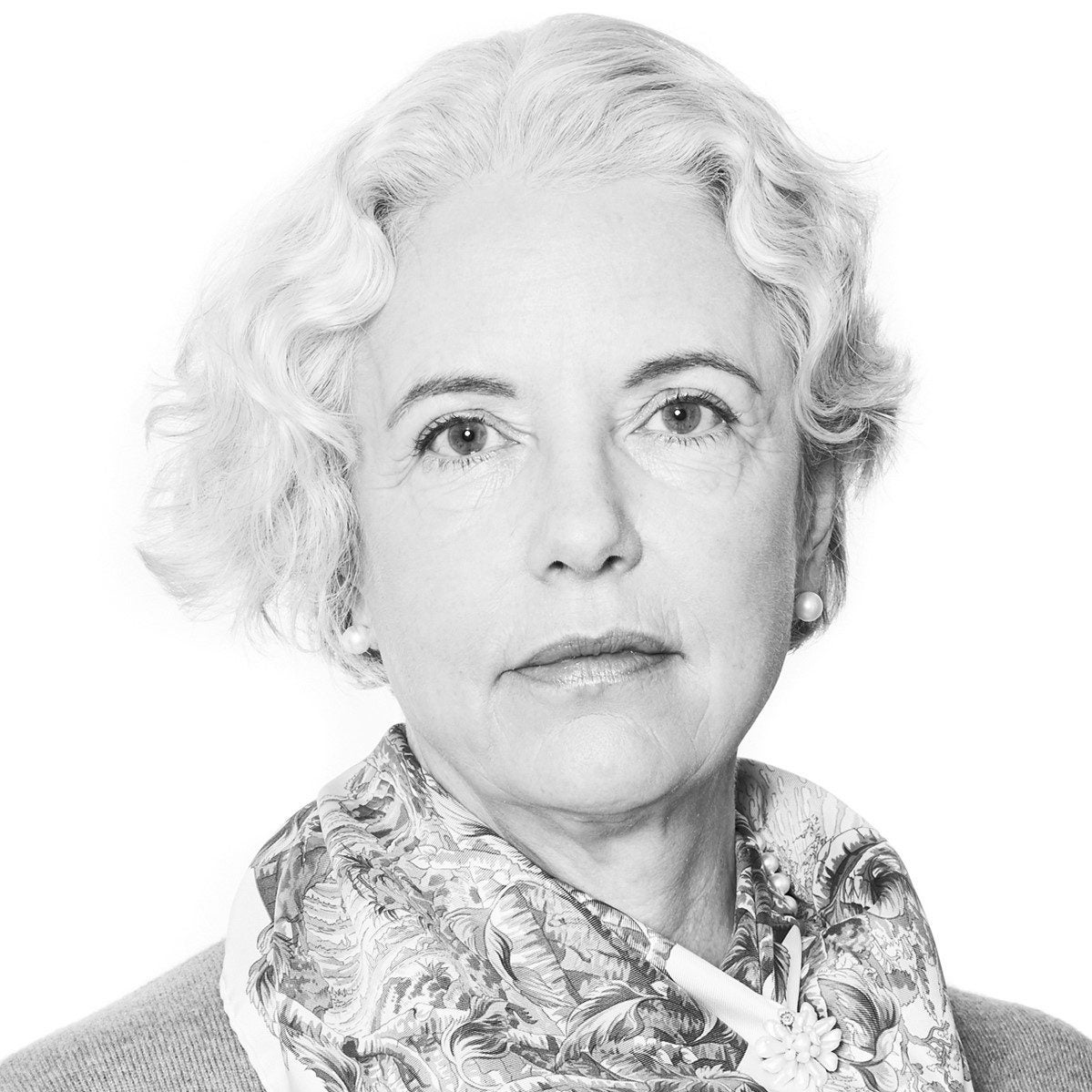January 23, 2020
Q&A: Arcadia co-founder Lisbet Rausing on biodiversity and conservation
BY: Oceana
Lisbet Rausing completed her Ph.D. at Harvard University, where she was also a lecturer and assistant professor. Together with her husband, Professor Peter Baldwin (UCLA and NYU), Rausing co-founded the charitable fund Arcadia. Arcadia protects endangered culture and nature, and promotes open access. Since 2002, it has awarded more than $663 million to projects that range from preserving near-extinct languages and endangered historical archives to preserving threatened landscapes and the marine environment. Rausing also founded, and remains a director of, Ingleby Farms & Forests, which today owns and farms more than 100,000 hectares in nine countries.
In an interview for Oceana’s winter magazine, Rausing discussed her vision for more abundant and biodiverse oceans.

Oceana: Arcadia has been a longtime and keystone supporter of Oceana. Why did you choose to work with Oceana?
LR: We were looking for a partner that tackles the causes of biodiversity loss, like overfishing, with a focus on concrete policy outcomes and a necessary sense of urgency. Biodiversity loss is one of the greatest environmental challenges we face, yet the impacts of ecological breakdown are regularly ignored or underestimated.
What is Arcadia’s vision for restoring our oceans?
LR: Our environmental grants aim to protect threatened biodiversity, landscapes and seascapes, and train future conservation leaders. We also support policy advocacy, because good governance and the enforcement of welldesigned legislation are critical for conservation. We see this with our restoration projects on land – reducing threats gives nature a chance to recover. The oceans are much harder to govern as they belong to all. Yet they are under immense pressure. It is essential that we create ambitious policies and strong enforcement mechanisms to protect them.
How can Arcadia and Oceana achieve lasting conservation change for our oceans?
LR: The challenges we face require long-term commitments. They require sustained pressure on governments and corporate actors regardless of short-term hurdles. We are glad Oceana is also prepared to challenge the status quo, such as government subsidies that incentivize unsustainable fishing practices. The global fishing fleet is twice the size the ocean can sustainably support. This cannot go on. We must make those in charge accountable.
With support from Arcadia and others, Oceana has won several recent victories to protect biodiversity hotspots, including Chile’s Juan Fernández Islands, the Philippines’ Benham Bank and Belize’s Mesoamerican Reef. How does preserving biodiversity benefit our oceans?
LR: Biodiversity is what makes up our oceans. From tiny crustaceans to mats of seagrass and blue whales, our oceans are very much alive! But much of this is out of sight and out of mind. Systemic changes are needed in the way we engage with our oceans and species that depend on them. This goes beyond 30×30 (protecting 30% of the ocean and land by 2030). We must envisage a world where exploitation of nature is a thing of the past.
In addition to protecting the environment, Arcadia is dedicated to preserving cultural heritage. How do these objectives complement each other?
LR: Like ecosystems, cultural heritage around the world – both tangible and intangible – is at risk. We work to preserve fragile and dispersed fragments of nature and culture. If we don’t, they may vanish forever, leaving starkly simplified environments and globalized culture. Innovation and change occur best in complex systems. We must protect complexity so future generations can flourish in a vibrant, resilient, greener (and bluer!) world.



